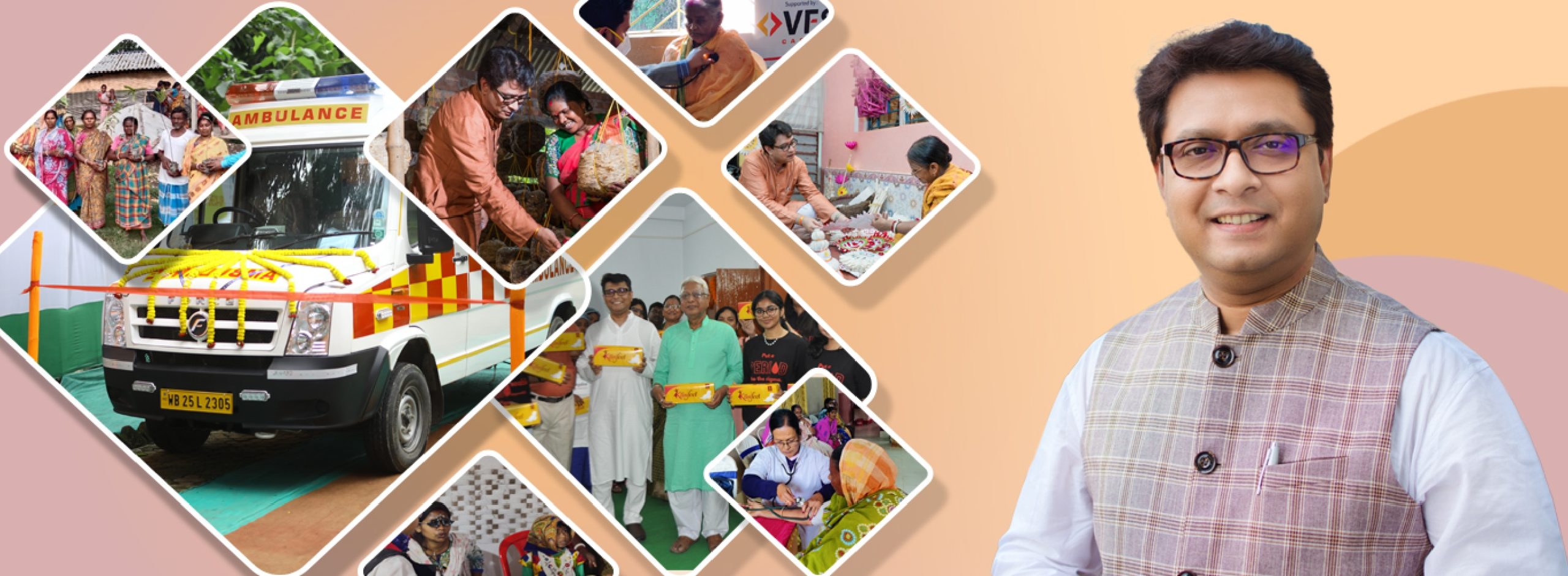In the rural village of Chanditala, where access to healthcare was scarce, 52-year-old farmer Bikash Ghosh’s story is a testament to the transformative impact of community healthcare outreach.
Bikash had toiled in the fields for years, accustomed to hard work and endurance. When he began experiencing chest pain and shortness of breath, he attributed it to fatigue and continued his daily routines. But as the pain intensified, he knew he could no longer ignore it. The lack of healthcare facilities in his area had kept him from seeking medical help in the past, but hope arrived in an unexpected form – the Kaydee Foundation’s free heart camp. Upon learning about the camp from his wife, Bikash decided to attend, holding onto the hope of relief from his symptoms.
At the camp, a dedicated team of doctors and nurses conducted a thorough check-up, including blood pressure, blood sugar tests, and an ECG. The results revealed that Bikash had mild heart disease, a condition that could have turned life-threatening if left unchecked. The doctors provided him with essential medication and advised a shift towards a healthier lifestyle.
Bikash’s gratitude knew no bounds. He realized that the camp had saved his life and opened his eyes to the importance of regular medical check-ups. With newfound vigour and a deep sense of gratitude, he advocates for better healthcare access in his community. He passionately voiced his belief that more such camps should be arranged for heart disease and various ailments that affect his community. According to Bikash, these camps were not just about healthcare; they were about community advancement by providing essential healthcare services to those who needed it most.
Bikash’s experience serves as a reminder of the positive impact that healthcare outreach programs can have on individuals and communities. Early detection, health awareness, and accessible healthcare services are crucial in improving the overall health and well-being of underserved populations.
